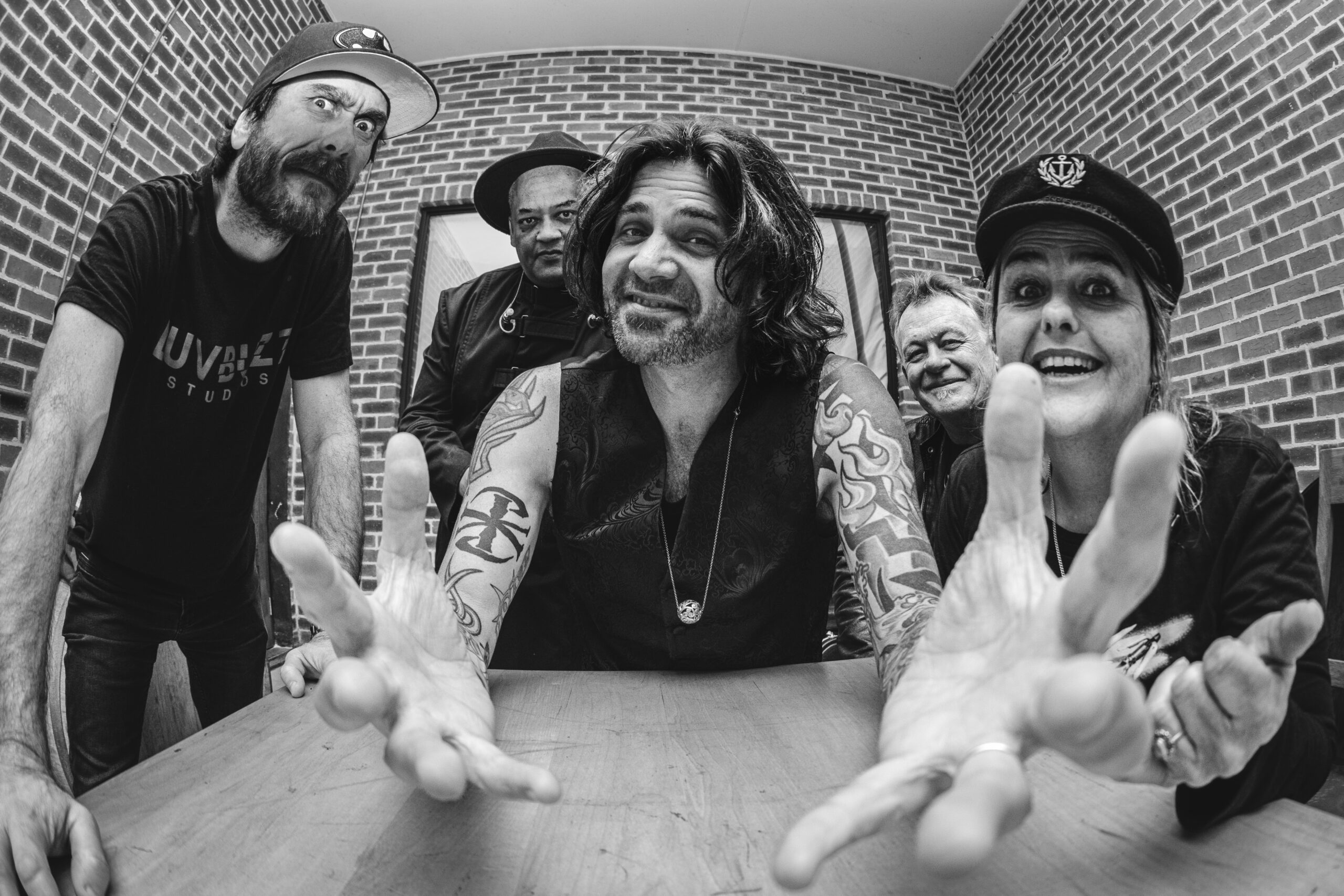There’s nothing quite like the thrill of playing a live show. But before you can get on stage and perform, you often have to navigate the sometimes-tricky world of booking a venue. For many of us, this is a crucial step in achieving musical goals, whether it’s a full-time career or just a fun hobby. For amateur musicians, this means dealing directly with promoters and venue managers.
It should be a straightforward business transaction, but it can often feel like a frustrating dance where people get in their own way. A common example of this is when promoters and venues don’t bother to answer enquiries. It’s a personal bugbear of mine and an immediate red flag that turns me off from working with those people again. I’ve found that this is often the first milestone for musicians that can set the tone for the entire experience.
It’s easy to get discouraged. You might think, “Well, the venue probably gets a ton of flaky requests, so they’re naturally sceptical.” And while that may be true, it doesn’t excuse them or us from doing better. Professionalism goes a long way. After all, a booking deal is a business partnership, and both sides need to show up and deliver.
With that said, here are some musician tips and key things I consider when approaching a new venue or promoter with a gig proposal.

1. Do Your Homework: A Key for Setting Realistic Music Goals
Before you even think about sending an email, it’s a good idea to take the time to research the venue. This is a foundational step in any music career planning.
- Is it the right fit for your music? Does the vibe of the place match your sound? A punk band probably won’t have much luck at a quiet jazz club, and an acoustic duo won’t fill a large rock arena.
- Who else plays there? Look at their calendar and social media to see the kind of acts they book. This shows you’re serious and not just spamming every venue in town. In terms of music hobbyist tips, this one makes sense when it comes to finding the right fit for your ambitions.
- What are their usual booking procedures? Some venues have a specific contact person or an online form. Following these guidelines shows respect for their process and increases your chances of being taken seriously.
On a side note: if they don’t bother answering their given contact, it’s probably a sign of what you’re going to have to deal with going forward. No-one likes to be ignored, and I take it rather personally. This is often an early test of your resolve and personal growth.
2. Craft a Professional Pitch: Obviously
Your initial outreach is your first impression. Make it count. Your email should be concise, professional, and easy to read. This is crucial independent musician advice for building a roadmap for musician success..
- Subject Line: Make it clear and to the point. Something like “Gig Proposal: [Your Band Name] – [Date(s) of Interest]” is much better than “Hey, we want to play.”
- Introduce Yourself: Briefly and professionally introduce your band, including your genre and a one-sentence description of your sound.
- Provide a Press Kit: Don’t attach a dozen large files. Instead, provide a link to a simple, clean press kit or a link to your website that includes:
- A high-quality photo
- A link to a good sample of your music
- A brief bio
- Links to your social media
- A list of recent shows and any notable accomplishments (e.g., “shared the stage with X,” “sold out a show at Y venue”).
- Be Specific: Mention a specific date or a few dates you’re available. Don’t just say, “We’re open anytime.”

Image by Peter Fischer from Pixabay
3. Be Clear and Realistic About the Deal: First Gig Tips for Success
When it’s time to discuss the details, clarity is key. Be upfront about your expectations and be willing to be flexible. This is part of artist goal setting and essential for your first gig tips list.
- Communicate your needs: Do you need a specific sound set-up? A certain amount of time for soundcheck? Be clear about what you require to put on a good show. This helps you manage both your own and the promoter’s expectations.
- Discuss the financials: This can be an uncomfortable topic, but it’s essential. Be clear about your expectations—whether it’s a flat fee, a percentage of the door, or a drink ticket deal. Understanding the venue’s typical pay structure beforehand can help a lot. This helps in setting realistic music goals (and financial ones).
- Be honest about your draw: Don’t promise to bring 100 people if you usually only get 20. Under-promising and over-delivering is always a better strategy than the other way around.
Ultimately, approaching a gig booking with a professional and prepared mindset makes the process smoother for everyone involved. It shows that you respect the venue’s time and business, and it demonstrates that you are a reliable partner.
Hope you found this article useful. Check back regularly for more success strategies for artists that can help you on your journey.









2 Comments
https://shorturl.fm/AkvSY
https://shorturl.fm/kVvN9